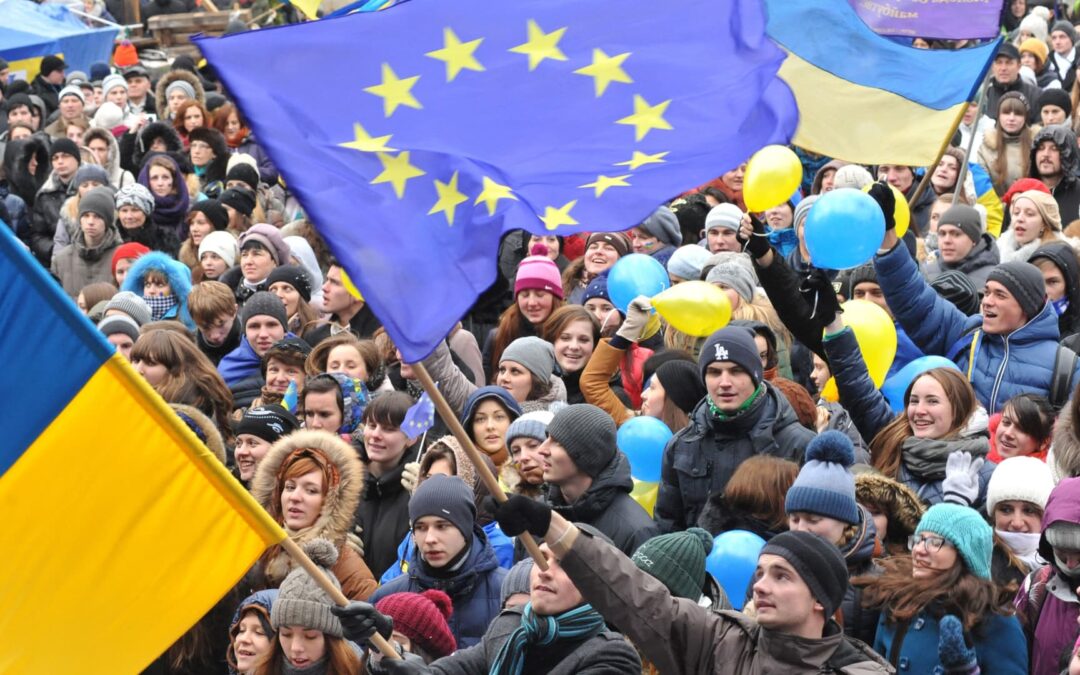More Europeans support the prospect of Ukraine joining the European Union than oppose it, despite the costs and risks involved, a new survey has found ahead of a key European Council summit this week.
Polling of six EU member states indicated considerable support for the admission of Kyiv and, to a lesser extent, Chișinău, Moldova as EU capitals, having both been granted candidate status in the wake of Russia’s 2022 invasion of Ukraine, the European Council on Foreign Relations (ECFR) found.
Support for Ukraine’s accession was most prevalent in Austria, Poland, Romania and France, where majorities were in favor of the idea. Austria and Germany were the outliers, with more people opposing the notion.
Among the reasons cited for opposition were concerns over the economic and security implications of admitting a war-torn nation.
That compares to broad resistance toward the accession of other EU hopefuls, most notably Turkey, whose accession talks have stalled following what the commission dubbed a “backsliding” on democracy and rule of law.
Responses were also cool toward the membership of Georgia and Balkan states, though Montenegro was a standout for approval.
Overall, newer EU members were more open to the prospect of enlargement than were older members.
The findings come as the European Council is set to meet in Brussels Thursday for expanded membership discussions.
Accession talks for Ukraine and Moldova will be top of the agenda for the bloc’s 27 heads of government after the European Commission recommended last month that formal discussions begin.
“This week’s EU summit might be the most consequential of the bloc’s recent history. All eyes will be on whether accession talks for Ukraine and other candidate countries are finally given the green light,” Engjellushe Morina, senior policy fellow at the ECFR and one of the report’s author’s, said.
However, the proposals are likely to face pushback, primarily from Hungary’s prime minister, Viktor Orban, who has repeatedly said he opposes opening negotiations with Kyiv.
The report’s authors urged EU leaders to use the talks to establish a timeline of next steps for all aspiring candidate countries, while seeking to outline wider institutional reforms that will help reconcile citizen “skepticism” toward enlargement.









